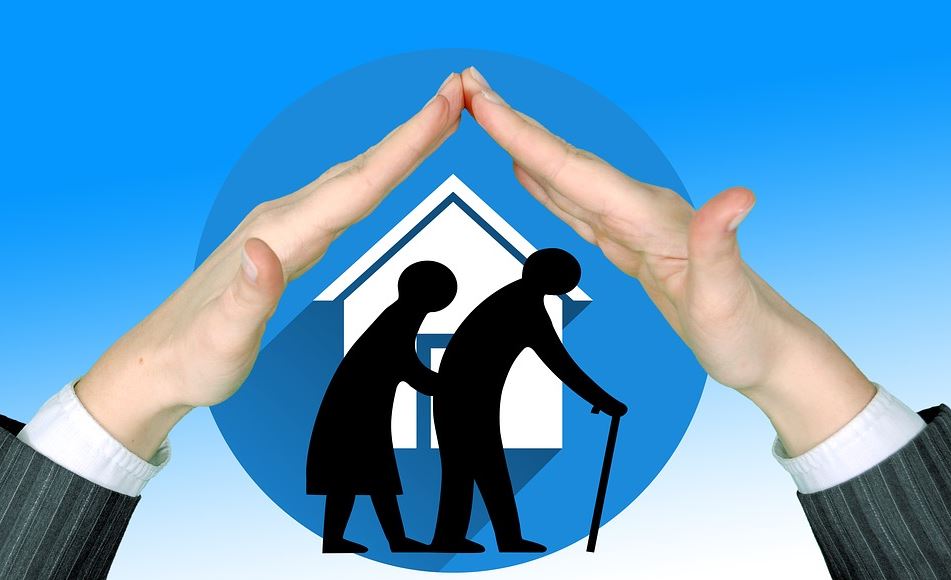If you have a family member who is a senior citizen, you need to ensure that this person is not put in danger by the surroundings of their home. Most of us do not think about how many dangers the average home presents to those who have limited mobility, function, or mental capacity. As a result, too many seniors get into bad accidents in their own homes each year.
 This is a serious issue (that is often underestimated) and to assist you in helping your senior relatives live safely, we have put together a list of things that you can do to create a safe environment in your home.
This is a serious issue (that is often underestimated) and to assist you in helping your senior relatives live safely, we have put together a list of things that you can do to create a safe environment in your home.
Insurance is key
We all know that the elderly end up in hospitals and at doctors’ offices in much higher percentages than any other group. Additionally, medical care is very expensive so making sure that senior citizens have the right medical coverage can make a difference between them getting the care they need or not. Medicare is a health insurance program for people age 65 or older. Contact a Medicare Company that can help you navigate the process, and present you with the right plans and supplemental plans available.
Also, make your senior relatives aware of the types of coverage they have and how to work their way through the process in the event of a medical emergency. In the end, taking this proactive approach will save time, headaches, and grief.
Assisted Living Facilities
Safeguarding the homes of elderly relatives is an important responsibility. There are many things you can do to ensure their safety and security. First, you must check the home’s safety to ensure no potential hazards, such as slippery floors, cluttered walkways, or inadequate lighting. It is also vital to ensure that if you need assisted living. The last step in ensuring the safety and well-being of elderly relatives is to consider senior living choices such as assisted living facilities or retirement communities. By taking these steps, you can ensure they have a secure and safe place to live.
Dietary Needs
Ensuring the safety of elderly individuals regarding food at home is paramount. Food preparation and storage are also essential to preventing foodborne illnesses. It is also essential to take into consideration any special diet needs or restrictions they may have, especially if they have swallowing disorders. When someone suffers from dysphagia, swallowing can be difficult, and treating dysphagia with thickener can help prevent choking and aspiration. Encouraging a balanced diet rich in nutrients can support their overall health and well-being.
Remove rugs and make sure floor surfaces have a grip.
The elderly tend to lose their balance and have less control over their movements, which makes them more prone to slipping or having an accident. They tend to have balancing issues that make staying stable when walking difficult. For this reason, you should remove any rugs or carpets that are not secured to the floor. This includes any runners that might lie on top of tile or wood floors.
You should also make sure that any floors in their home that are slippery or get that way if they are wet are either replaced or covered with a non-slip surface. This is especially important in the bathrooms. Taking these precautions can prevent your loved ones from taking a nasty fall in their home.
Consider a stairlift
As we get older, a major challenge is climbing up and down the stairs in a home. Are you your senior relative living in a home with multiple floors? If so, you should consider moving the senior to the first floor or to an area that does not require stair access. If the senior cannot be moved, another option is to purchase a stairlift. Stairlifts are motorized chairs that attach to a staircase. The senior sits in the chair straps in and is taken safely from one floor in the home to another. The ride is gentle and smooth and the chair even assists the senior to stand when the ride is finished.
Stairlifts require installation and can be pricy, so shop around for a reputable dealer who offers great products and a good warranty.
Be diligent and proactive to make sure that your senior relative is safe in their own home.
